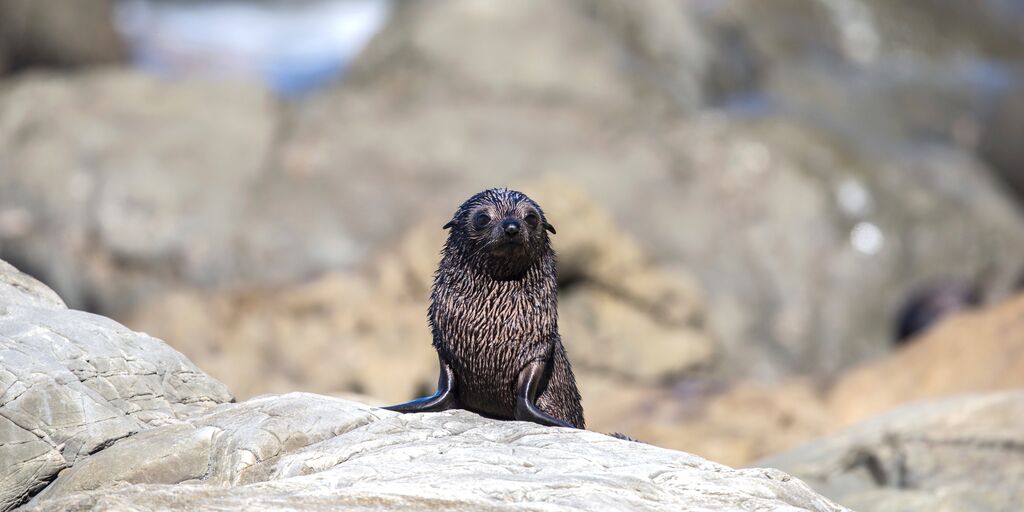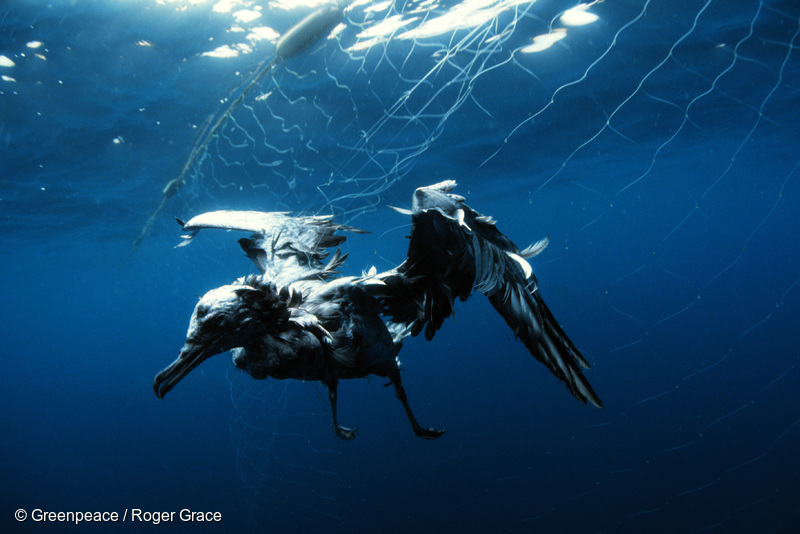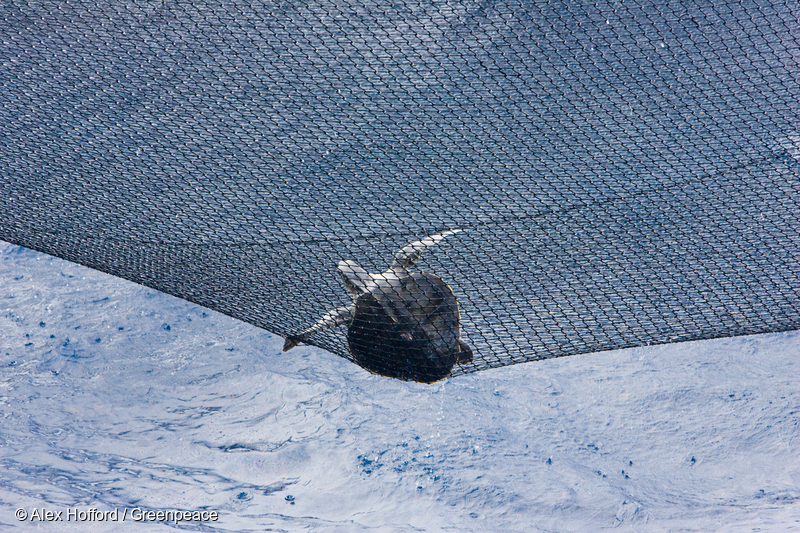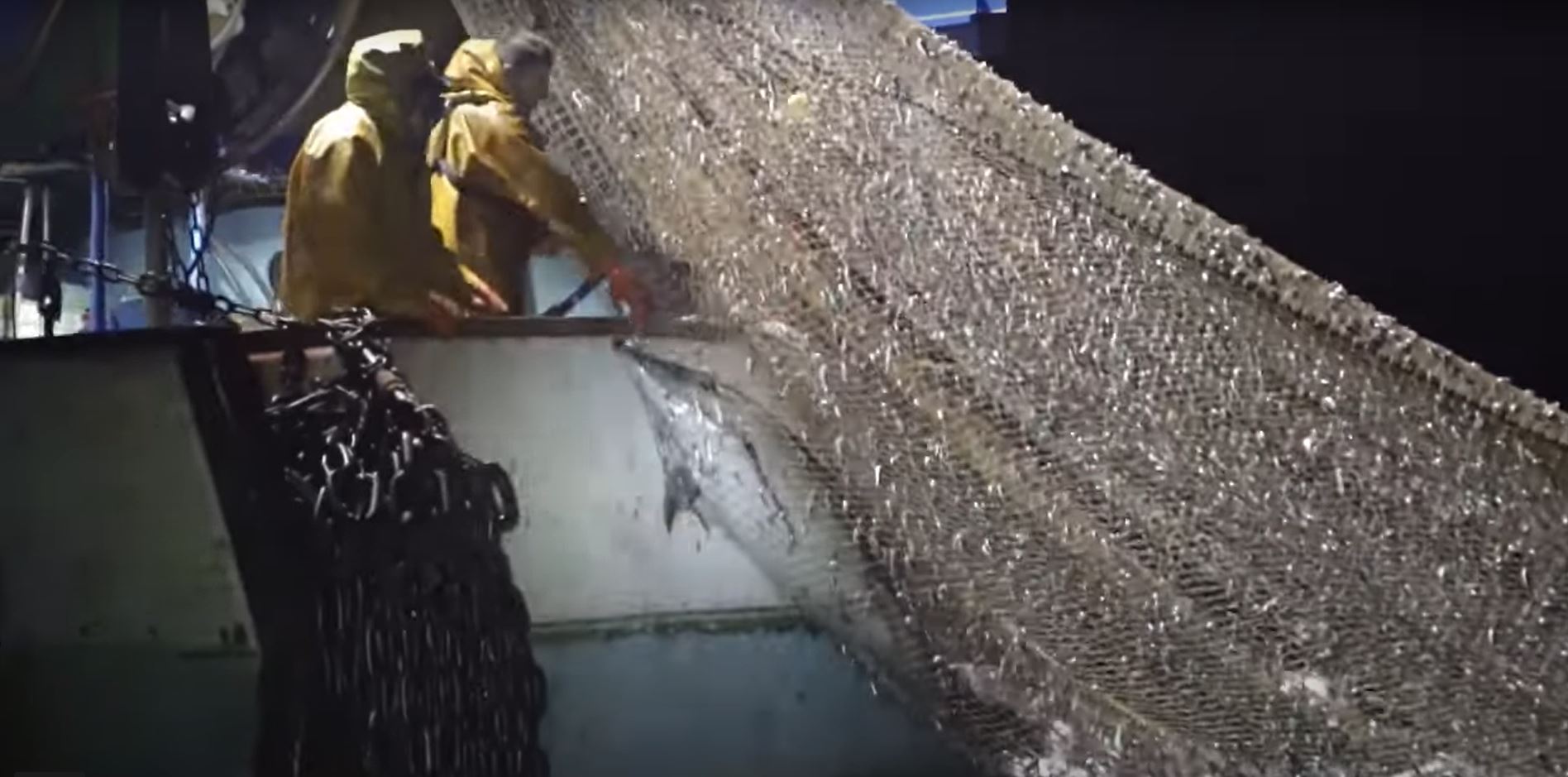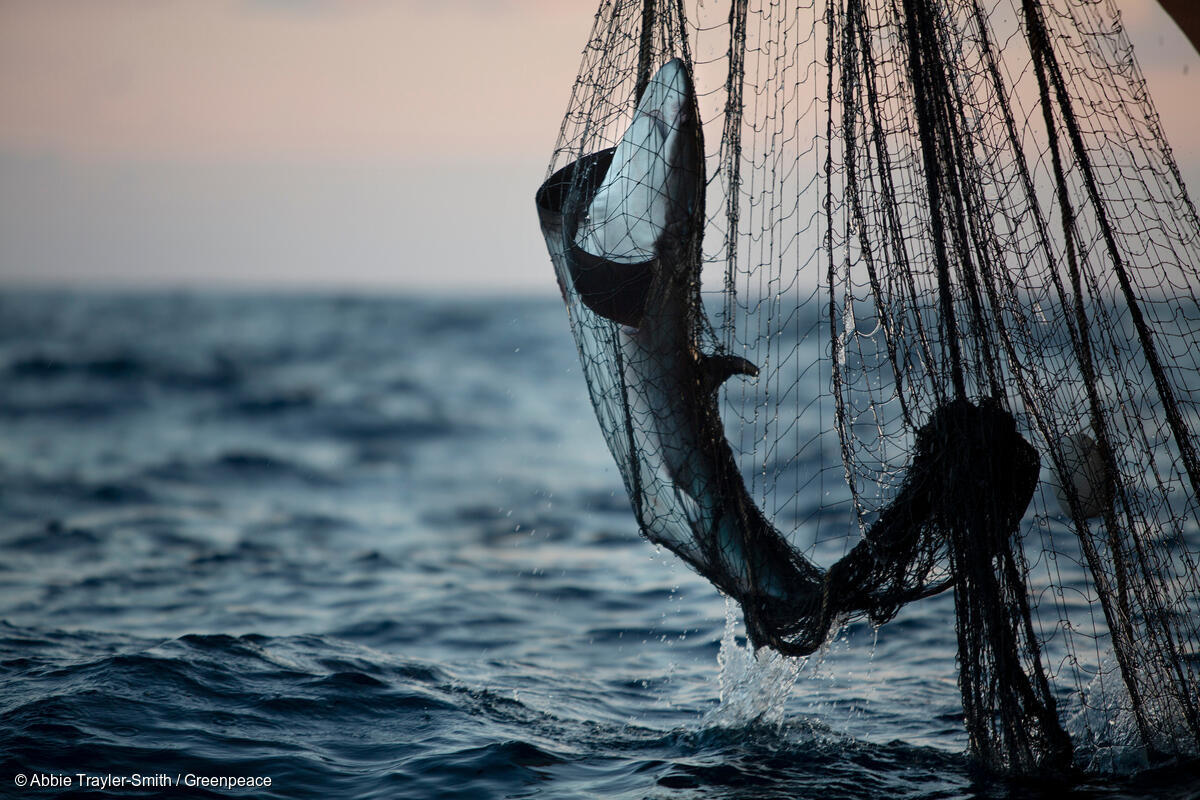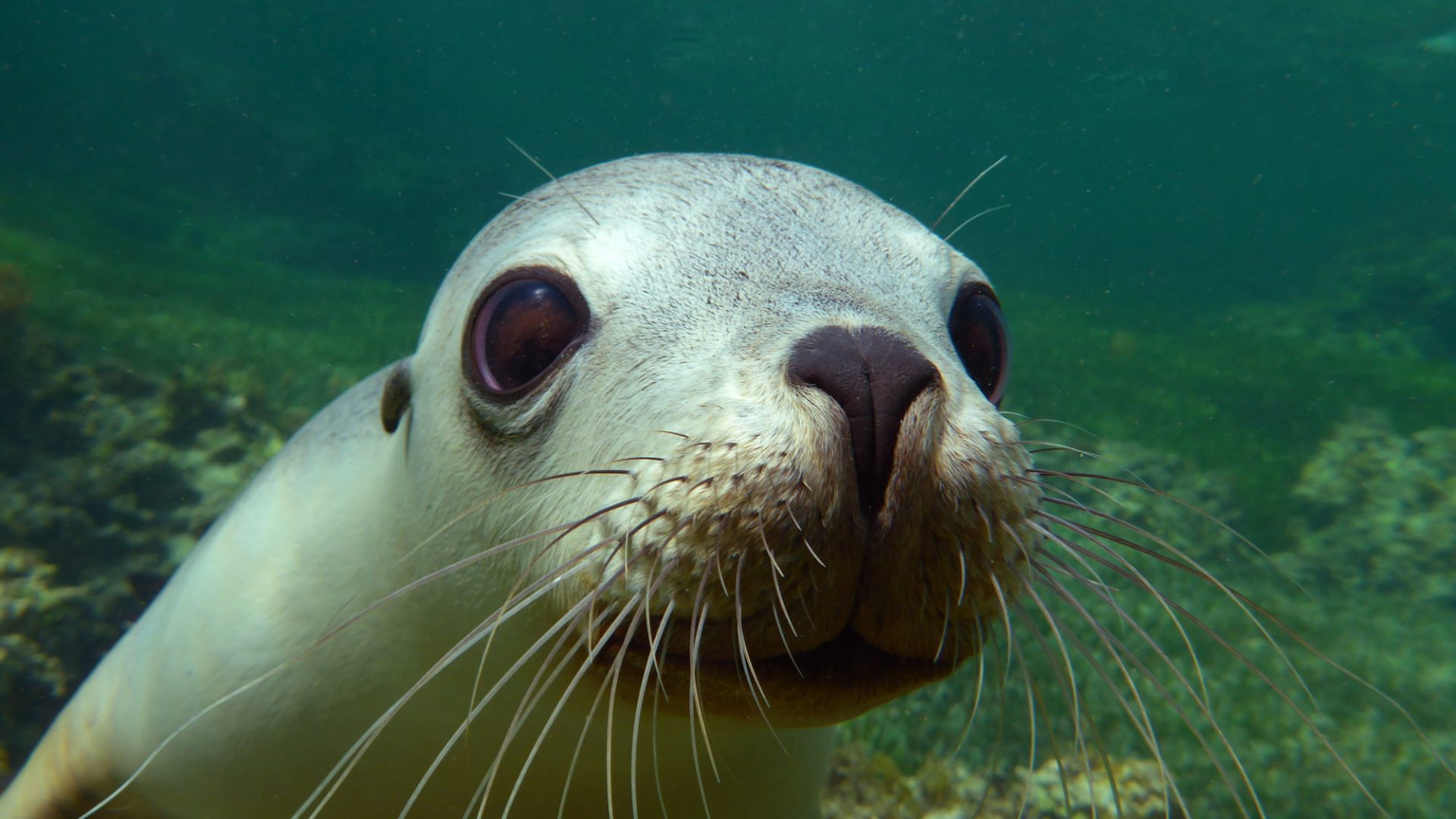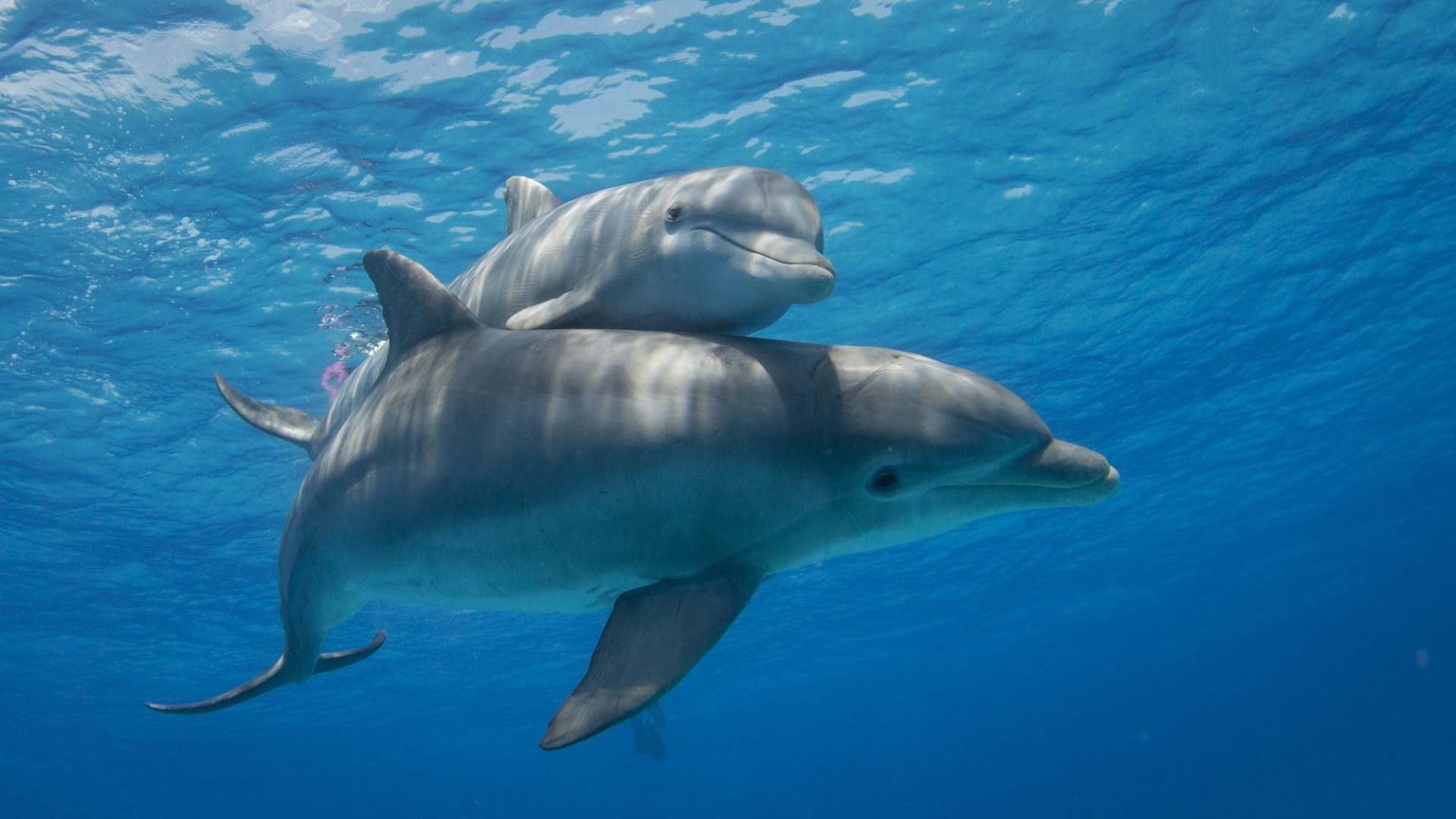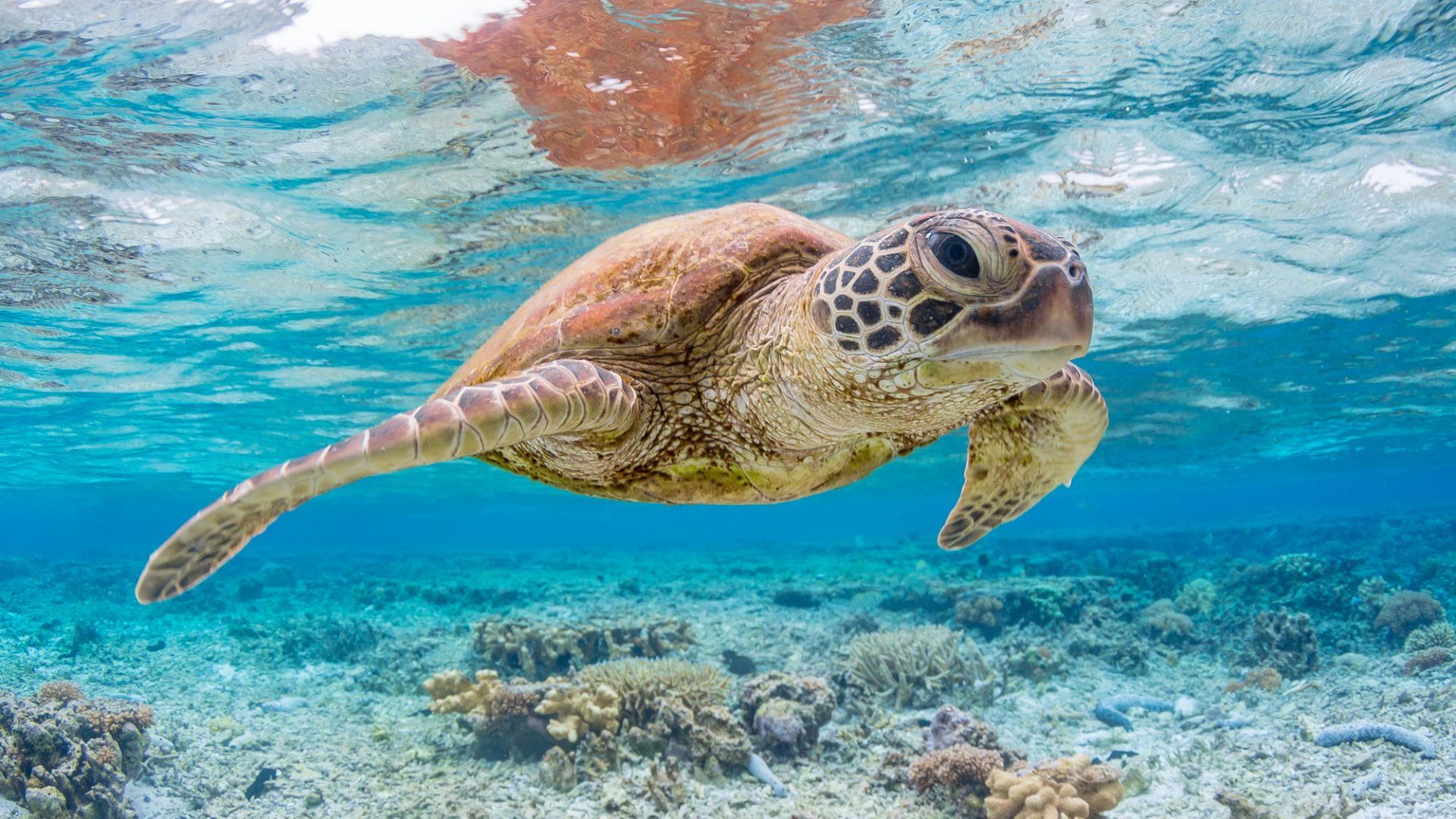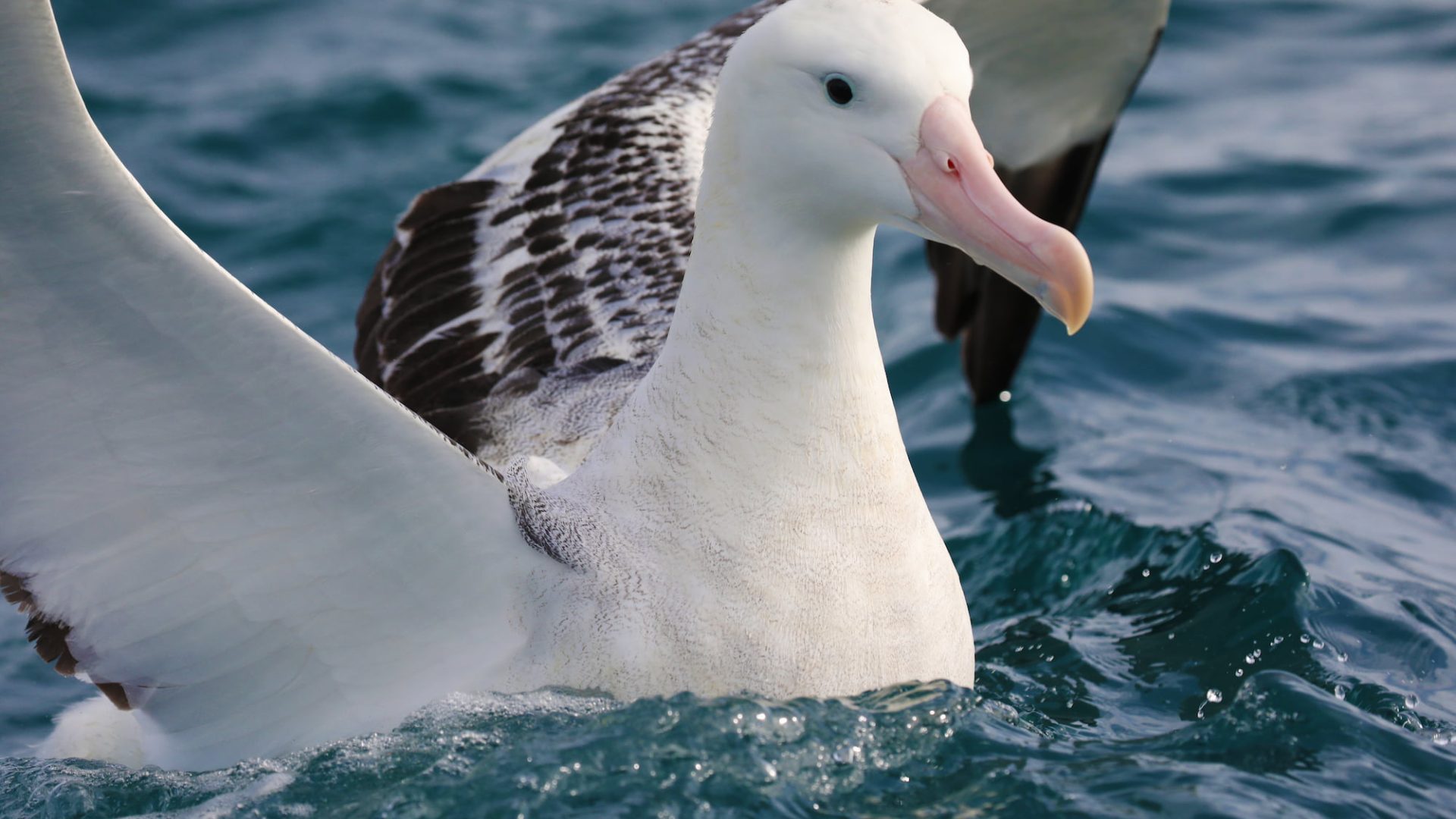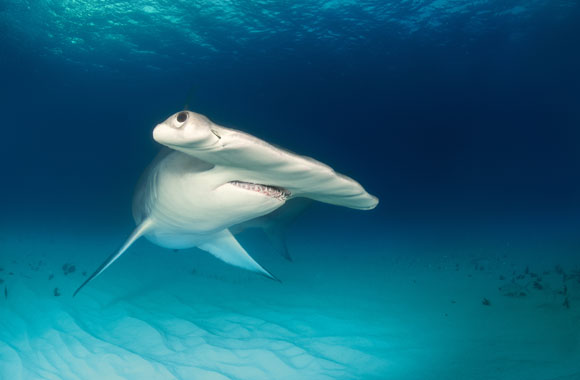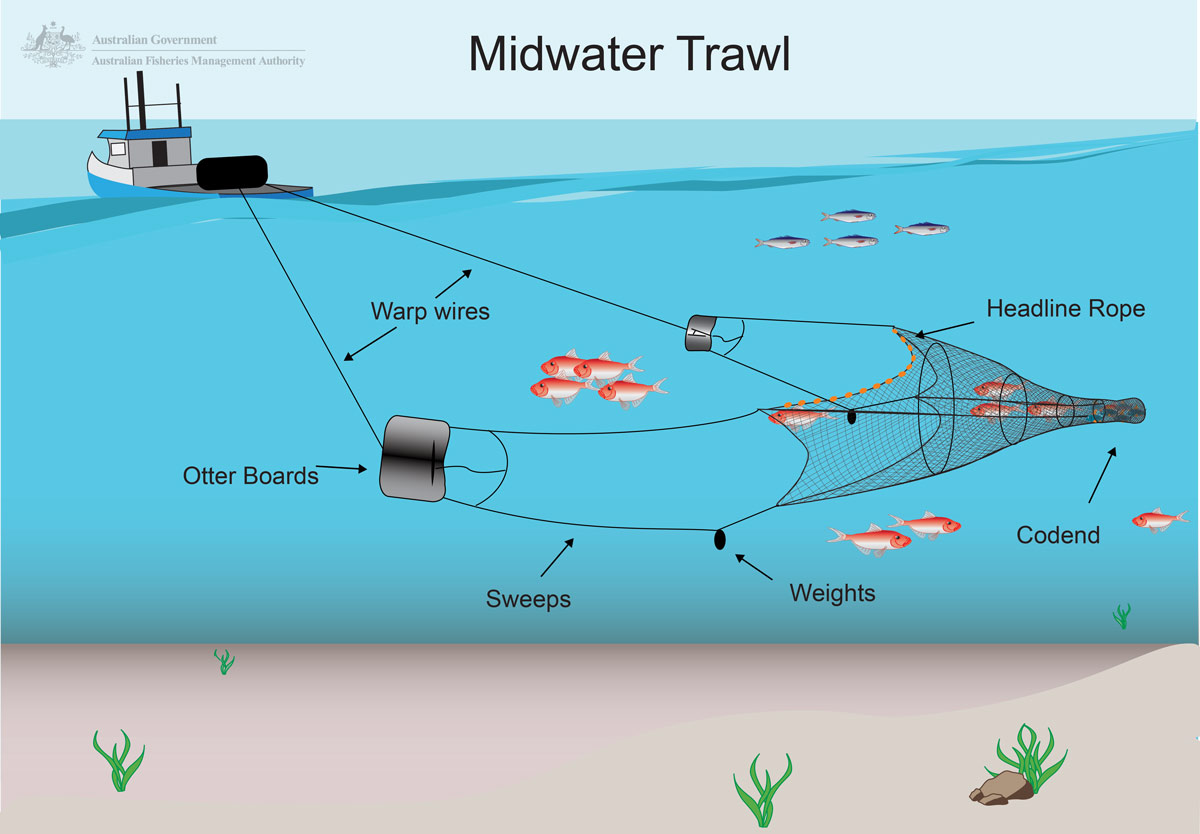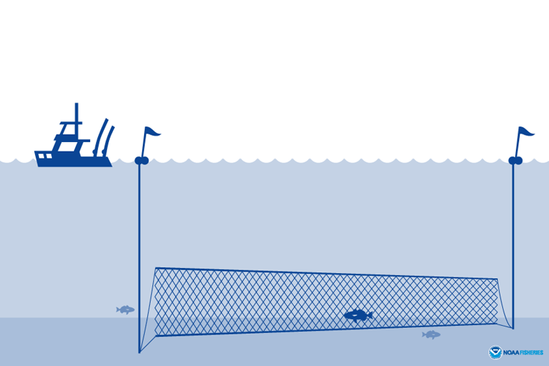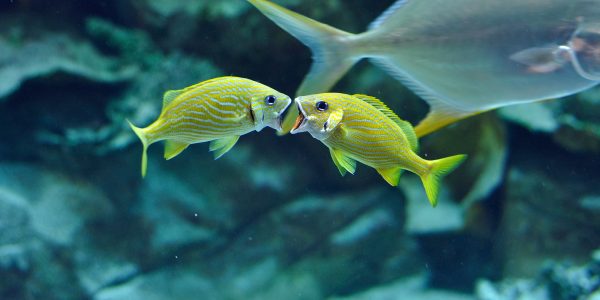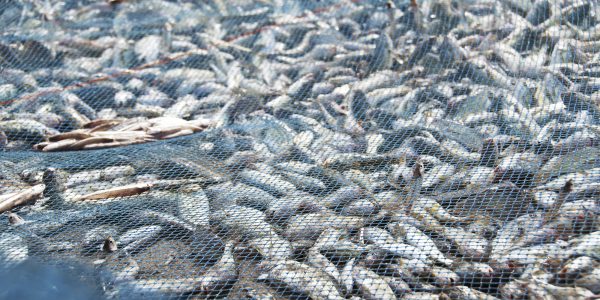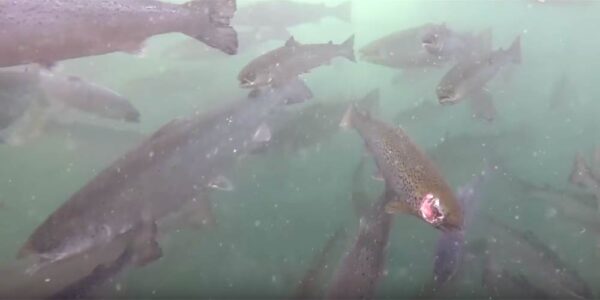When a protected species is stressed, injured, or killed by contact with a person, boat, or fishing gear, the industry calls this an ‘interaction’. These ‘interactions’ are so common that the industry has guides for how ship workers should handle all the animals pictured above, to first and foremost prioritise human safety.
This is a global issue devastating marine life. Australia has its own ‘seafood’ industry and also imports most of its ‘seafood’ from other countries including Thailand, China, New Zealand and Norway. It doesn’t matter where it occurs – wherever there is commercial fishing, there is ‘bycatch’.

